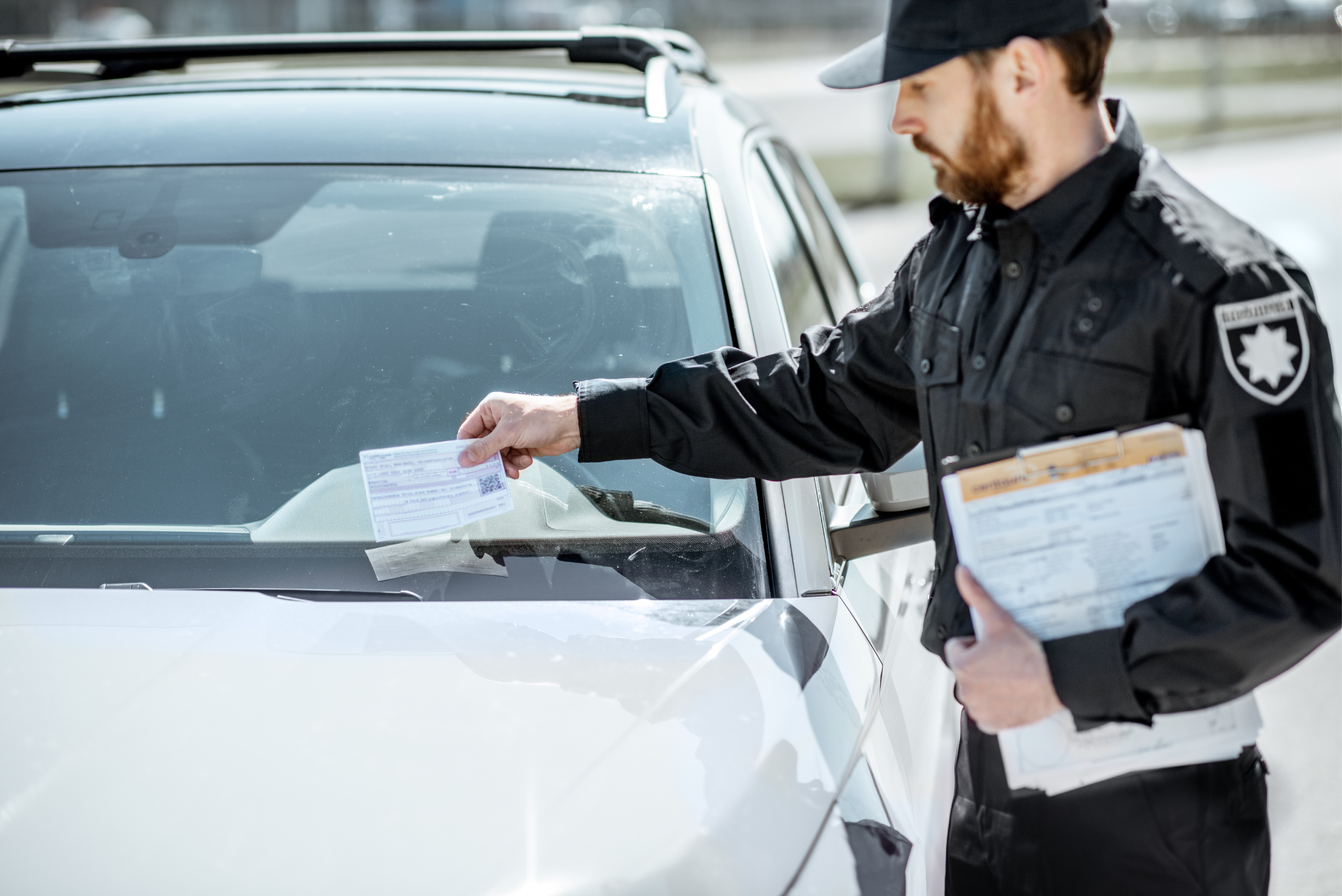
13 December 2024
Emission-Based Parking and the Challenge for Tradespeople
Westminster City Council recently introduced emission-based parking charges in the borough, encouraging the use of EVs and making a bold step towards reducing air pollution in one of the busiest parts of London.
What it means is that EV drivers pay less to park in Westminster than petrol or diesel vehicles, but while the initiative may be applauded for aligning with the capital’s overall environmental goals, it has sparked concern among construction professionals and tradespeople who need to park in the borough while on jobs.
The policy undoubtedly leads to a rise in job costs for those businesses and adds an additional layer of strain to an industry which has already been feeling the pinch for some time, due to increased labour and material costs as well as supply chain issues.
What is emission-based parking?
Emission-based parking policies charge vehicle owners varying rates depending on the emissions produced by their vehicles. Under Westminster’s scheme, vehicles with lower emissions benefit from reduced parking fees, while those with higher emissions, such as older diesel vans, face steeper charges. The goal is to incentivise the use of cleaner vehicles and reduce air pollution in central London, aiding Westminster’s plan to reach net zero by 2040.The impact on tradespeople
Construction and trade industries are particularly vulnerable to these changes, and here’s why:-
Reliance on diesel vans
-
Increased costs
-
Logistical challenges
-
A knock-on effect to insurance costs
Mitigating the impact
While the challenges are clear, there are steps that construction firms and tradespeople can take to adapt to emission-based parking policies:-
Fleet upgrades
-
Route optimisation
-
Collaborative solutions
-
Insurance reviews
Want to know more? Need advice on your insurance plans? Contact Ascend today on 01245 449060 or email info@ascendbroking.co.uk.
Recent Posts
Ascend Broking
ASCEND BROKING GROUP LAUNCHES ASCEND RISK
Ascend Broking





